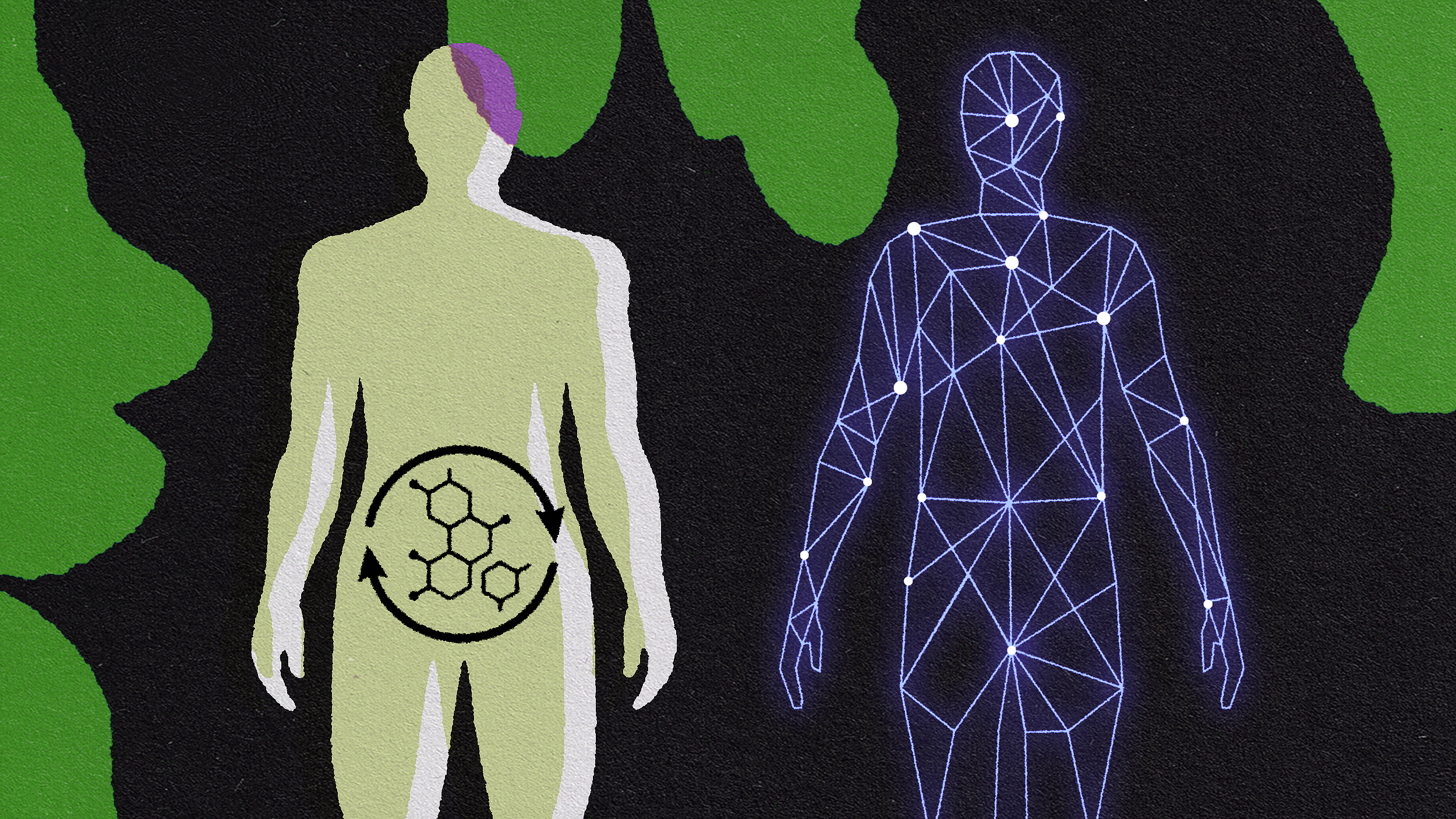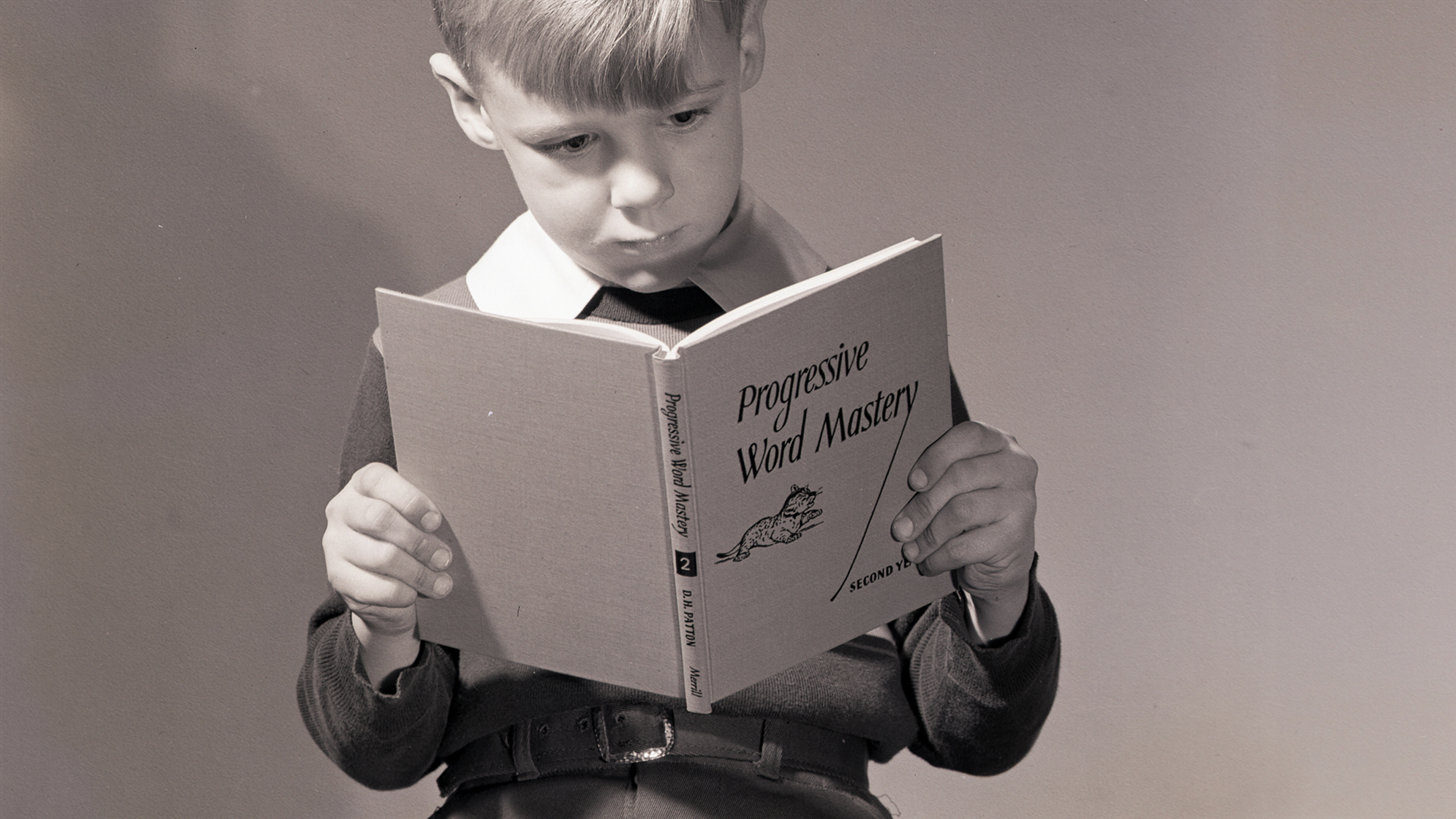Higher ed isn’t immune to COVID-19, but the crisis will make it stronger

Photo: Alistair Berg/Getty Images
- America's higher education system is under great scrutiny as it adapts to a remote-learning world. These criticisms will only make higher ed more innovative.
- While there are flaws in the system and great challenges ahead, higher education has adapted quickly to allow students to continue learning. John Katzman, CEO of online learning organization Noodle Partners, believes this is cause for optimism not negativity.
- Universities are pillars of scientific research on the COVID-19 frontlines, they bring facts in times of uncertainty and fake news, and, in a bad economy, education is a personal floatation device.
The higher education system has its maladies, and the past few years have been particularly turbulent. But as the COVID-19 pandemic exposes the many structural flaws in our societal support systems, colleges and universities stand out—as sources of truth, engines of progress and pillars of continuity.
It all comes down to science. Large research institutions are religiously devoted to the scientific method, and are hard at work promulgating facts over the noise and disinformation coming from some politicians and news channels. A few months in, countries that listened to scientists early on are faring the best.
Johns Hopkins, for example, jumped into action with their Coronavirus Research Center. Its online site, open to the public, tracks cases and deaths on a global level down to each U.S. county. This work, and similar efforts by major research institutions, has informed critical disease modeling efforts often cited in news stories and policy decisions.
In the last few weeks, Oxford University announced its partnership with AstraZeneca to manufacture and distribute a potential vaccine for the coronavirus. Dozens of universities are involved in testing various vaccines and treatments for COVID, and Cornell, Johns Hopkins, and MIT are participating in the development of contact tracing applications. We task these institutions with the most critical, time sensitive missions.
Higher education remains the best personal solution to a bad economy.
Beyond research, colleges serve as cornerstones of large communities. They acted quickly in March to curb large gatherings, send students home, and get professors up and running to work from home. The quality of online instruction was generally low, and being quarantined with your parents while sitting on Zoom is no replacement for a traditional collegiate experience, but most undergraduates saw only moderate disruption to their academic progress.
This was a truly heroic effort by all faculty and administrators involved. Noodle Partners works with universities across the country to build high-quality online programs; in the weeks following the cascade of campus closures, our team hosted training seminars for newly online faculty at many of our partner institutions. Hundreds of seasoned professors showed up to each session, seeking to improve their teaching. We’re now working with schools to shore up their technology and move courses online to make sure they’re ready for the likely disruptions to the fall term.

Photo by Robert Bye on Unsplash
Higher education remains the best personal solution to a bad economy. With high unemployment, and states struggling to restart the economy without reigniting the pandemic, many will take advantage of the lower opportunity cost and the growing abundance of high quality online degrees. These graduates will be better positioned to make the most out of our new economy.
Some Silicon Valley types argue that we live in a post-degree world; that short-courses, certificates and digital badges form more direct pathways to employment and thus provide better student outcomes. Some argue that we’re post-professor, and that programs with enormous student:faculty ratios and AI can lower costs while improving outcomes. So far, the data disagrees: year after year, data reveal that college graduates who get to know their professors go on to see greater satisfaction with their work and higher levels of wellbeing. Not surprisingly, these same tech folks promoting faculty-light education pathways send their own kids to… traditional colleges.
This crisis will accelerate the consolidation of higher ed, hitting smaller private schools especially hard. Even the wealthiest and most tech-forward colleges have been unable to deliver the full value of their on-campus degrees in an online format this spring.
But once again, colleges and universities have proven their value to society, to their communities, and to their students. Many will emerge from this crisis using technology to lower costs while raising capacity, resilience, and student-faculty engagement, and many students will emerge better positioned for the new workforce. The pandemic reminds us that our higher education system, with all its flaws, remains a key part of our strategic reserve.





